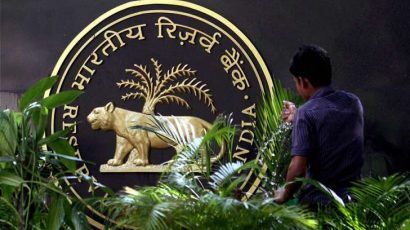Bharat Biotech’s Covaxin is effective against Indian variant, says ICMR

A study conducted by Indian Council of Medical Rsearch (ICMR) has assured that Bharat Biotech’s Covaxin is effective against multiple variants of coronavirus.
“Bharat Biotech’s Covaxin has shown an overall interim clinical efficacy of 78 per cent and 100 per cent efficacy against severe COVID-19 disease,” said ICMR in a tweet.
The new variant, called B.1.617, was initially detected in India with two mutations — the E484Q and L452R. It was first reported late last year by a scientist in India and more details were presented before the WHO on Monday.
“ICMR-National Institute of Virology has successfully isolated and cultured multiple variants of concern of SARSCOV-2 virus: B.1.1.7 (UK variant); B.1.1.28 (Brazil variant and B.1.351 (South African variant),” Times of India reported quoting ICMR.
It further said it has demonstrated the neutralization potential of COVAXIN against UK variant.
The institute said it has also been successful in isolating and culturing the double mutant strain B.1.617 SARS-CoV-2 identified in certain regions of India and several other countries and that Covaxin has been found to be effective against this variant as well, the report said.
ICMR chief Dr Bhargava has previously said that the rate of transmissibility of the ‘double mutant’ found in India has not yet been established.
The health ministry first acknowledged the presence of a “double mutant” at the end of March.
India’s health ministry first acknowledged the presence of a “double mutant” at the end of March, but has downplayed it since. While it’s a variant of interest, it “has not been stamped as a ‘variant of concern’ so as to say that it is more lethal or more infectious,” Aparna Mukherjee, a scientist at the Indian Council of Medical Research, which works under the nation’s health ministry, told Bloomberg TV on Friday.
The double mutation has been found in several countries like Australia, Belgium, Germany, Ireland, Namibia, New Zealand, Singapore, the U.K. and the U.S., according to an April 16 statement from the Indian government. “Higher transmissibility of this variant is not established as yet,” it said.















